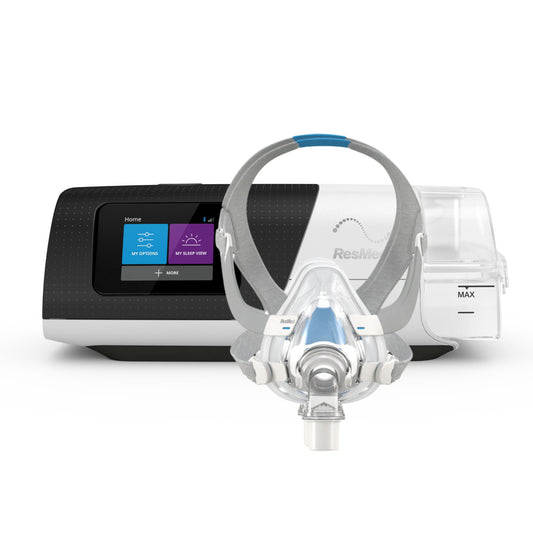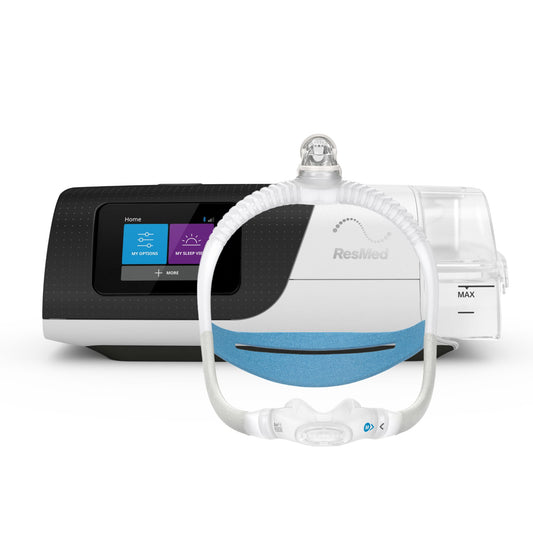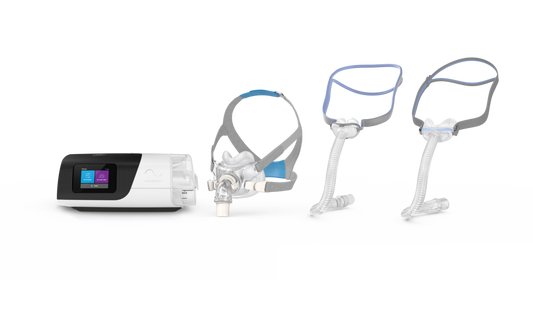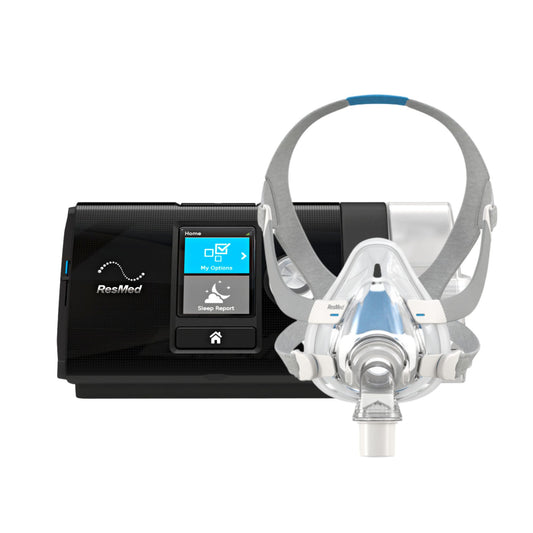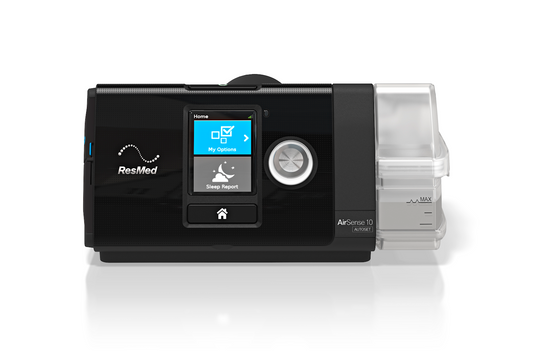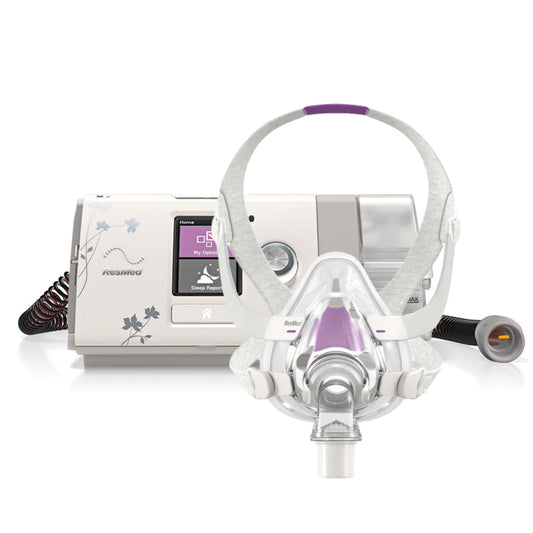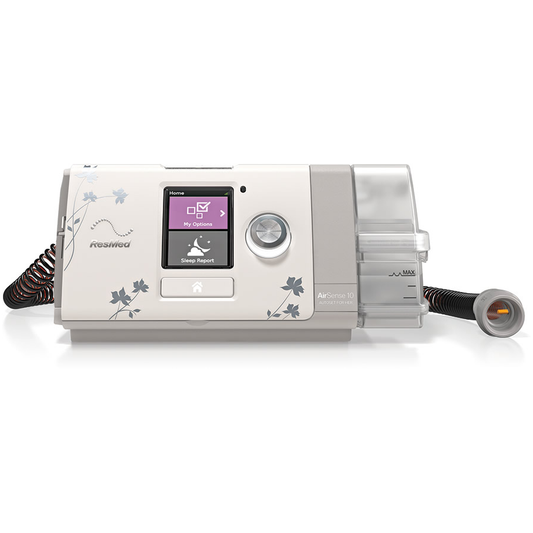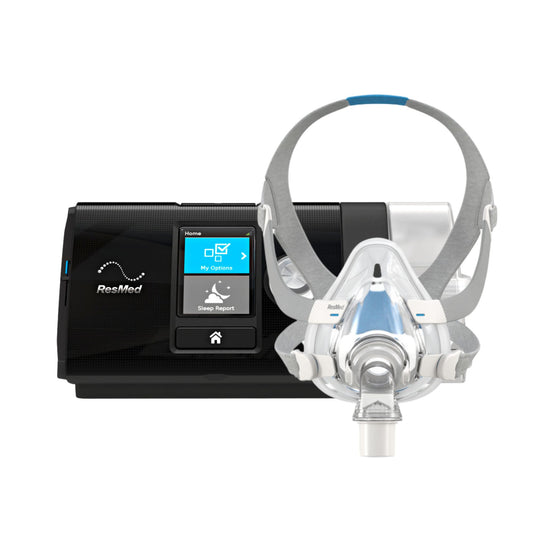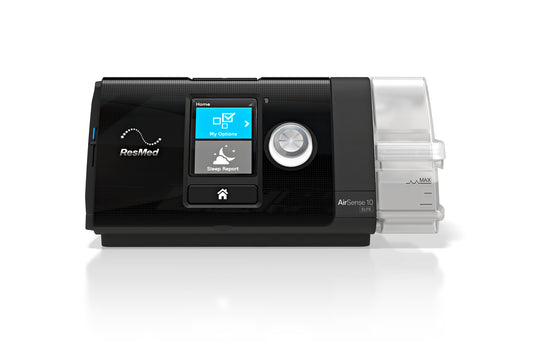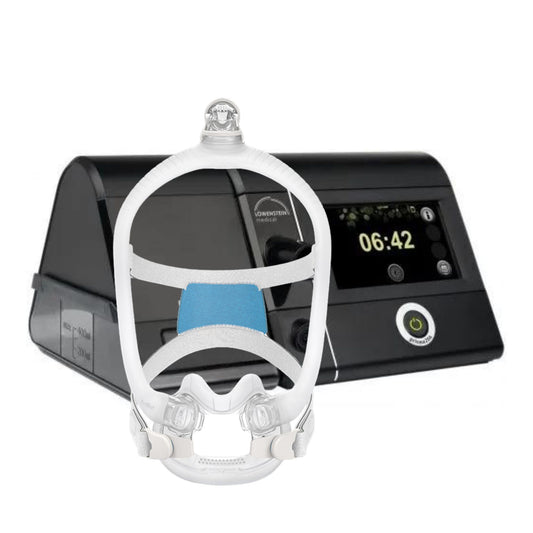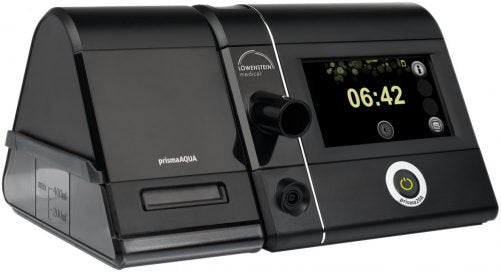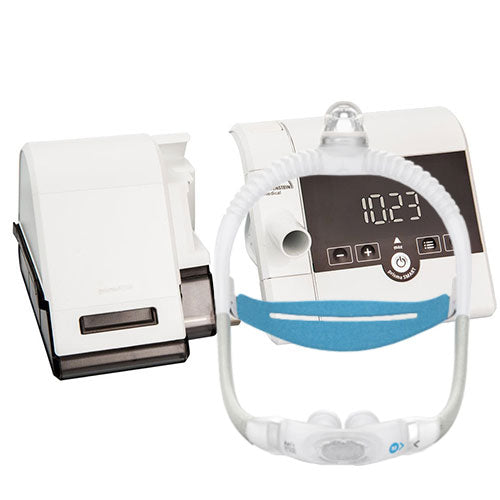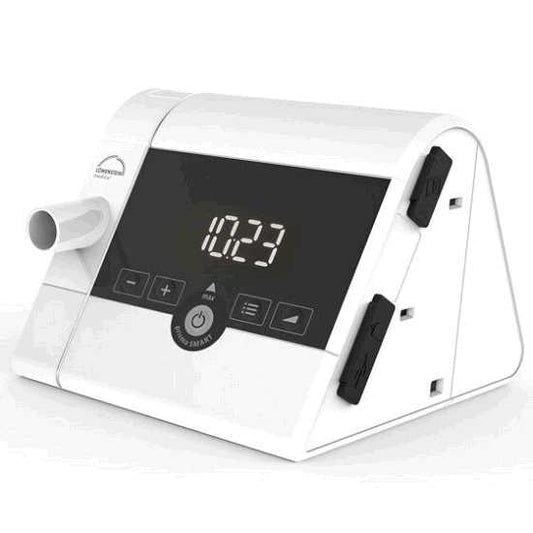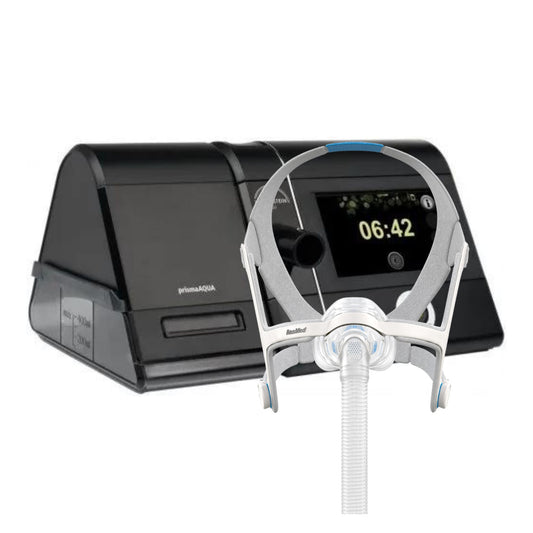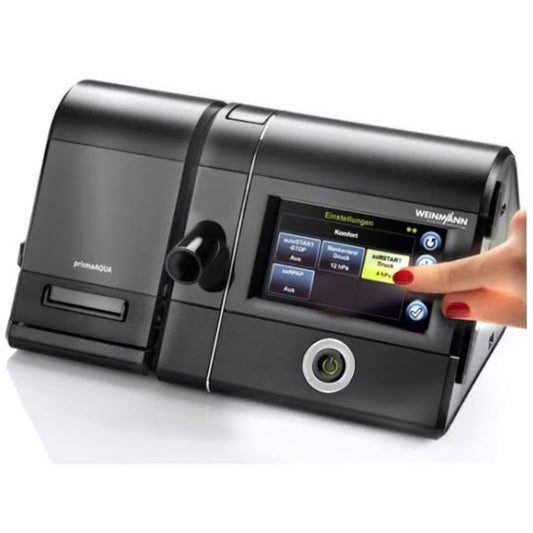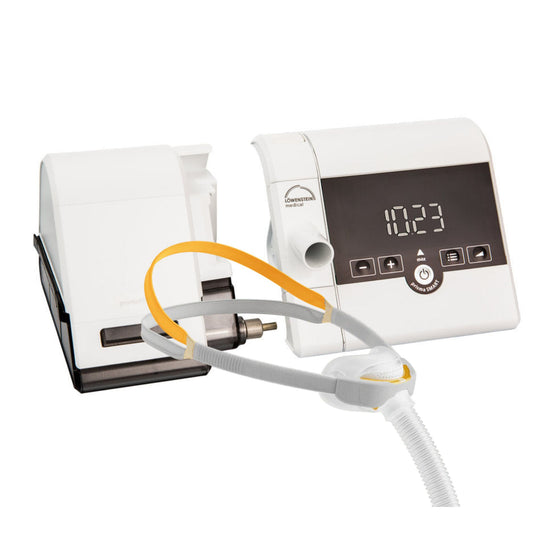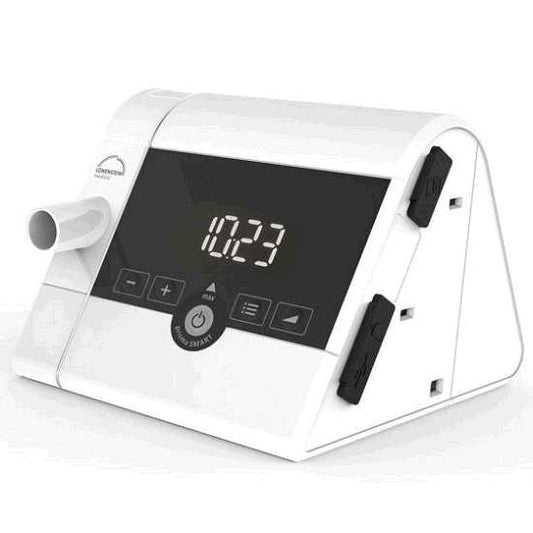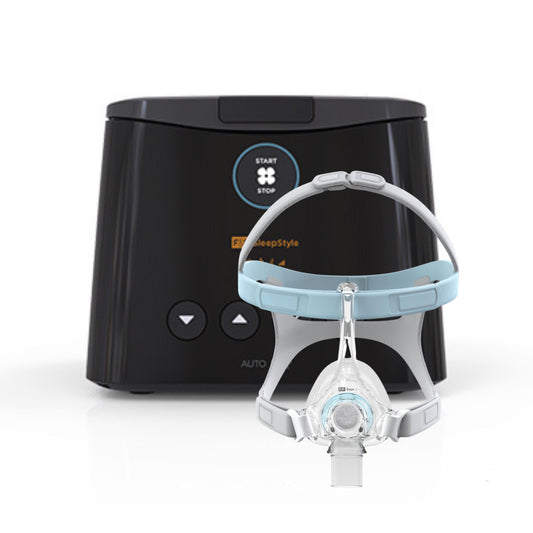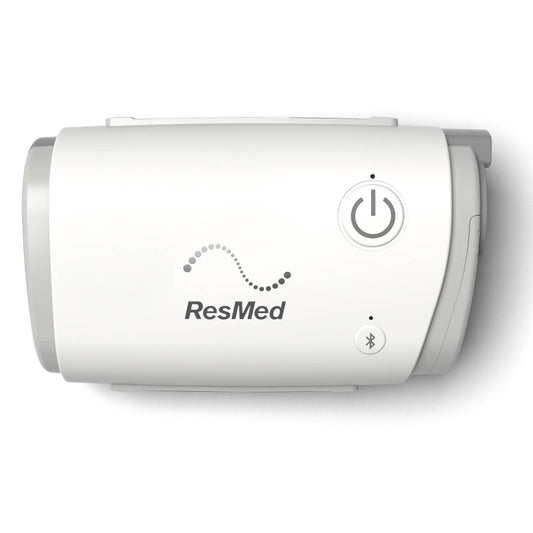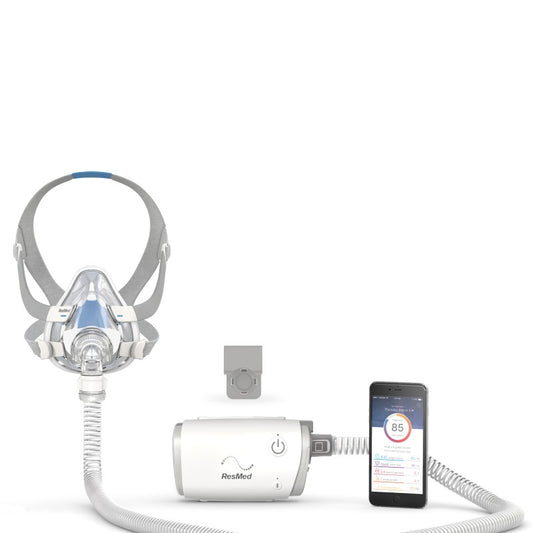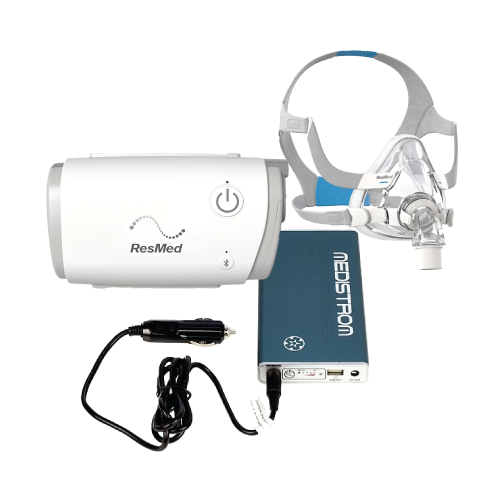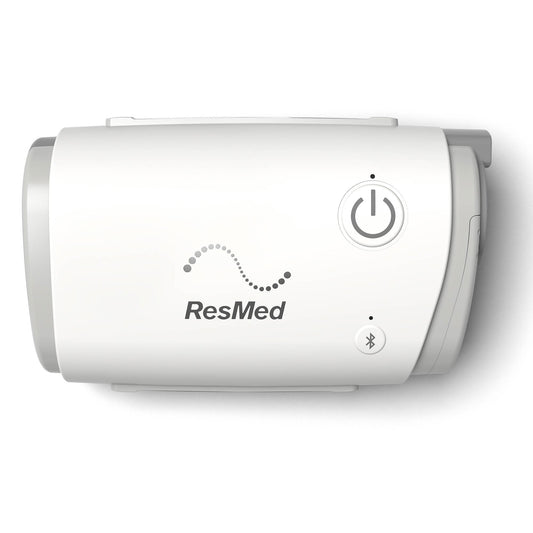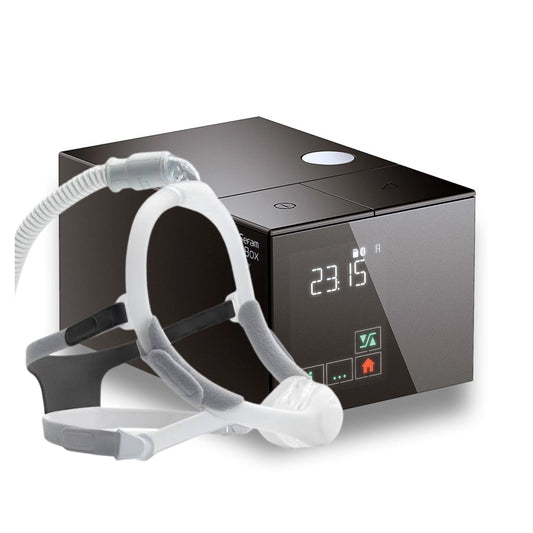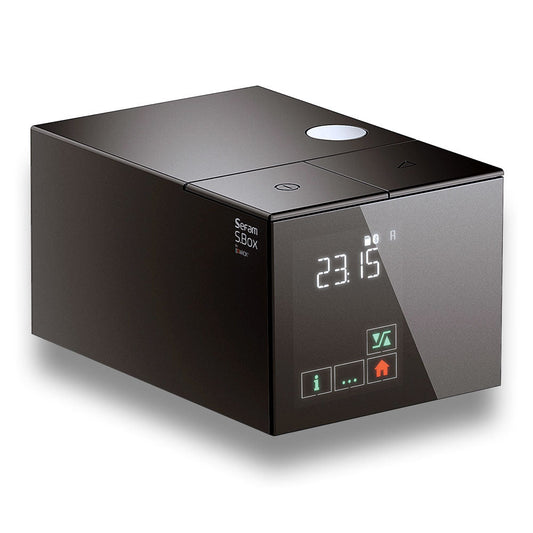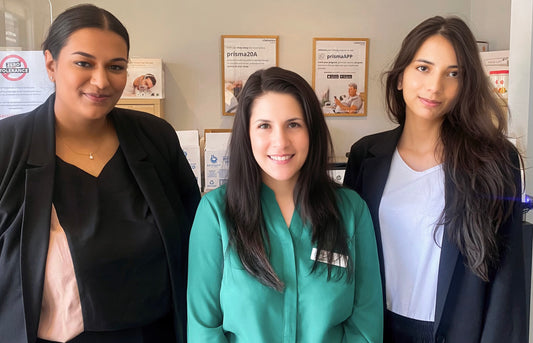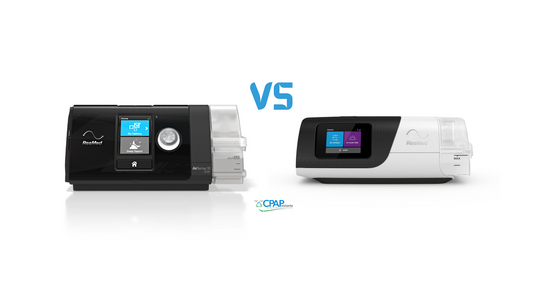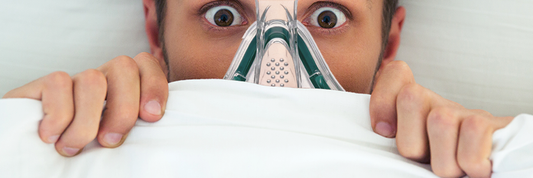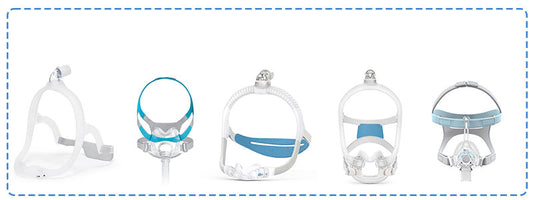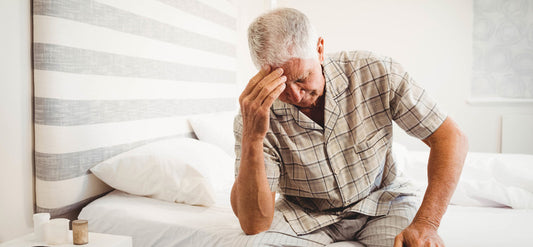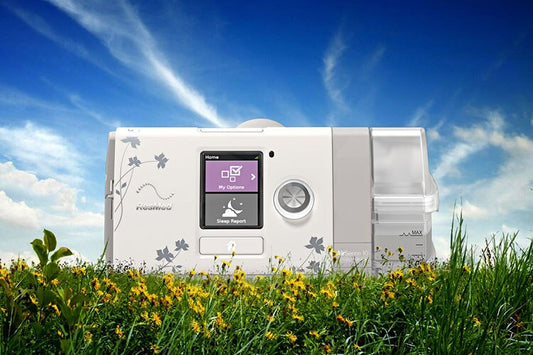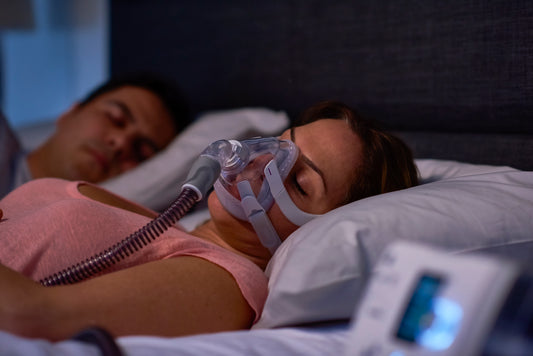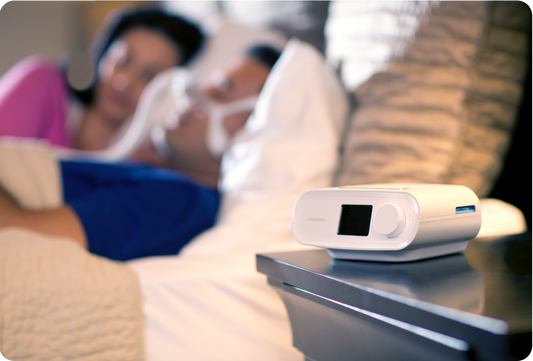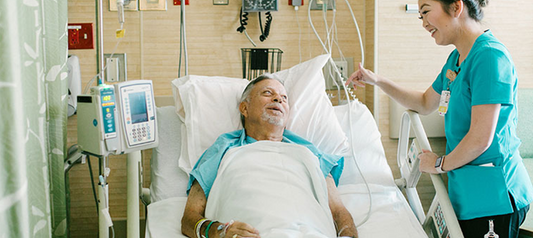It is a fact that most people require between 7 to 9 hours of sleep daily. It is also a fact that 4 out of 10 older people take at least one half-hour nap daily. It has also been observed that people aged 80 and above require more than an hour’s nap daily. Studies indicate that 1 in 6 men and 1 in 3 women take more than 30 minutes to sleep. They also tend to wake up more often at night and experience less refreshing sleep.
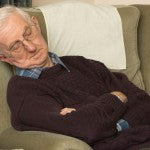
Reasons why older people sleep differently
The human body produces the sleep hormone melatonin at night. The fact is that older people produce less melatonin thus they find it harder to have a good night’s sleep. Factors such as hot flushes in post-menopausal women and other medical problems such as arthritis, and even daytime naps contribute to their difficulty in having a good night’s sleep.
Medical conditions such as osteoporosis, incontinence, Parkinson’s disease, heart disease, indigestion, lung disease and asthma make it harder for an older person to quickly fall asleep at night. There’s also the possibility that drugs used to treat the aforementioned conditions could interfere with sleep. Sleep disorders are common in the elderly and sleep apnoea is one of them.
Depression and anxiety also interferes with a restful night’s sleep as it also causes wakefulness at night. Alzheimer’s disease and dementia also cause difficulty in sleeping. Why? Because people with dementia or Alzheimer’s disease seem to be more confused at night. They may wander about the house which in turn poses danger to the elderly as well as disturb other people in the house. If this is the case, it is best to place the elderly in a nursing home.
Other sleep problems of older people
It has been noted that 1 in 4 people are suffering from periodic limb movement disorder or sleep apnoea. Sleep disturbances linked with these problems not only disturb the patient but his/her bed partner as well. Insomnia is evident in 4 in 10 people while I in 10 old people develop insomnia for over three months.
Treatment for Sleep Problems
There are treatment for sleep disorders and problems as long as the disorder has been accurately diagnoses. A lot of approaches have been opened to treat sleep apnoea, snoring, insomnia and restless legs syndrome and more. Melatonin is mostly prescribed by doctors for insomnia whereas for short time treatment of a couple of weeks or so, sleeping pills may be prescribed. For those suffering from sleep apnoea such as obstructive sleep apnoea, the best option is continuous positive airway pressure or CPAP therapy.
If you have been suffering from sleepless nights, or wakes up feeling tired and unrested, nods off in the middle of the day, and have a general feeling of lethargy or experiencing any persistent sleep problem, it is best to consult with your doctor for check-up.
